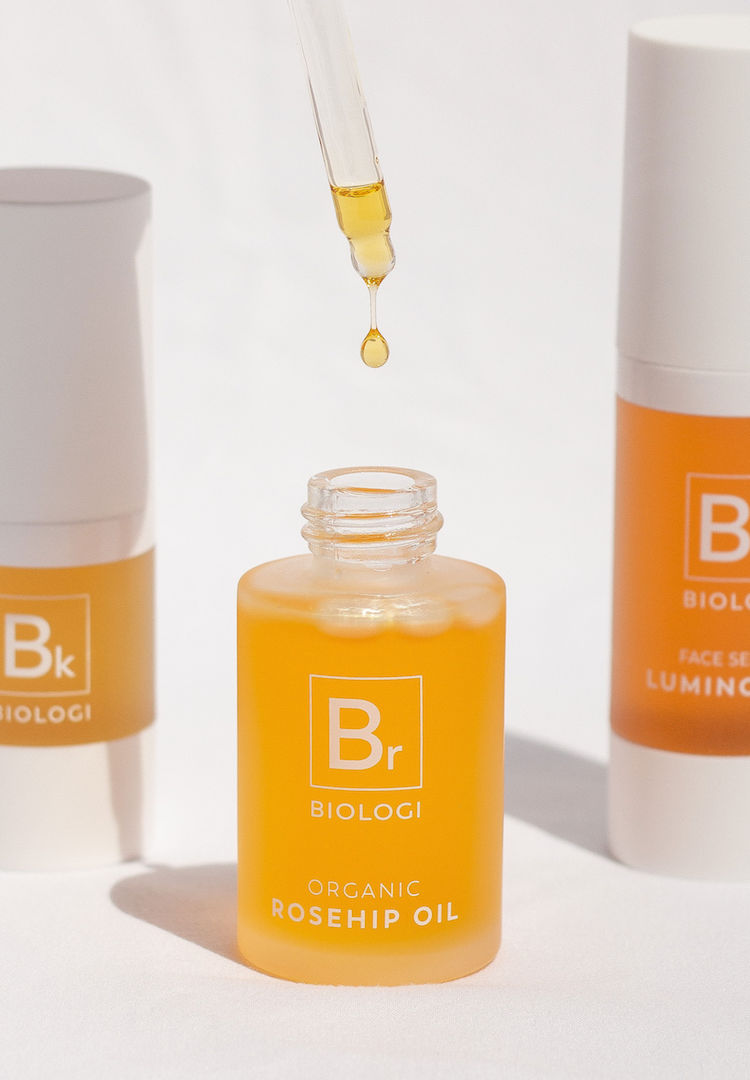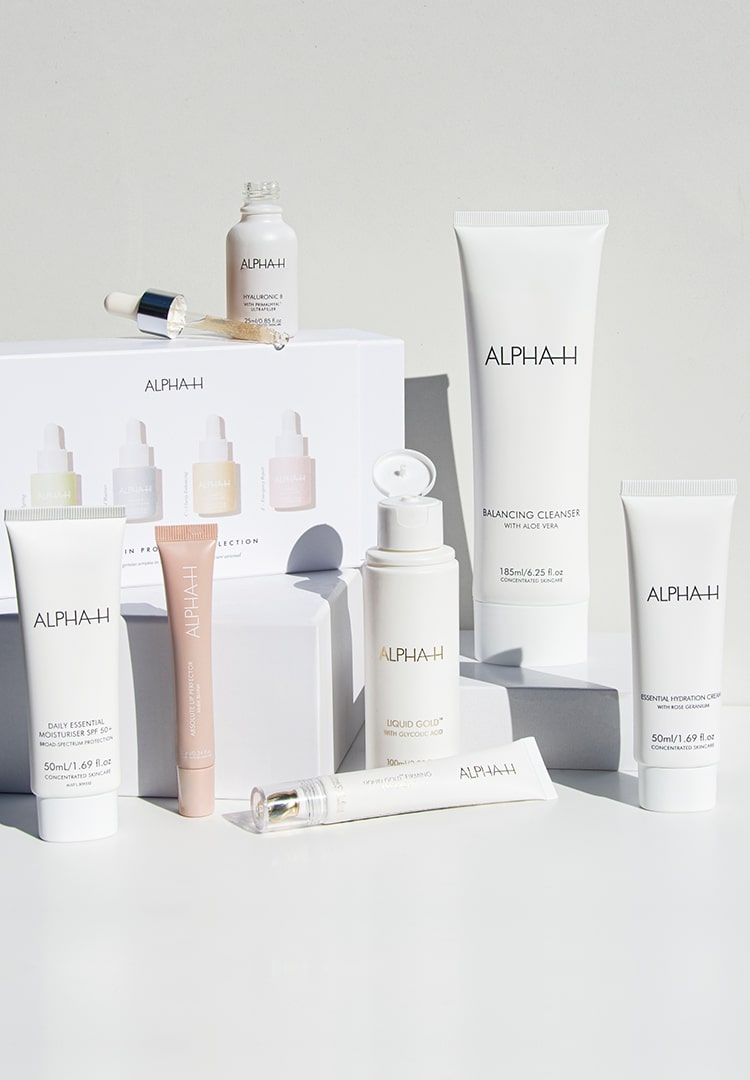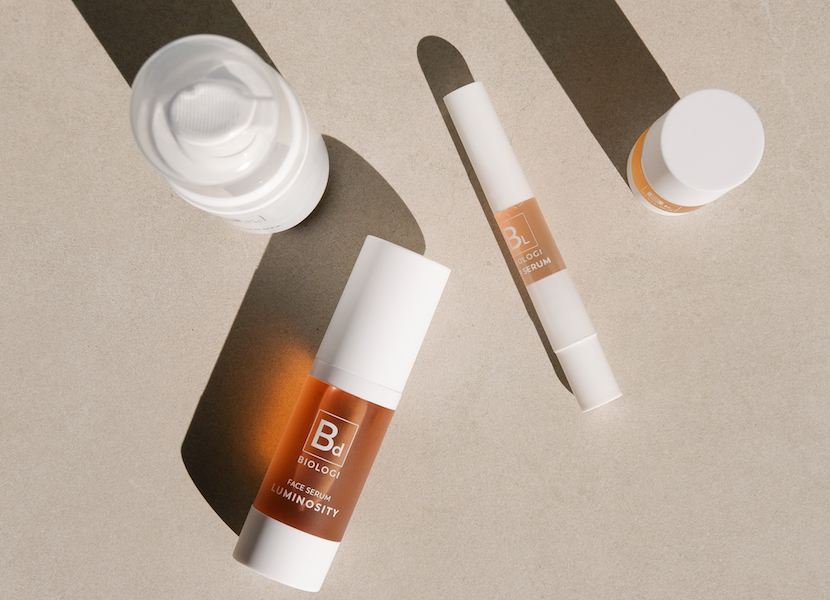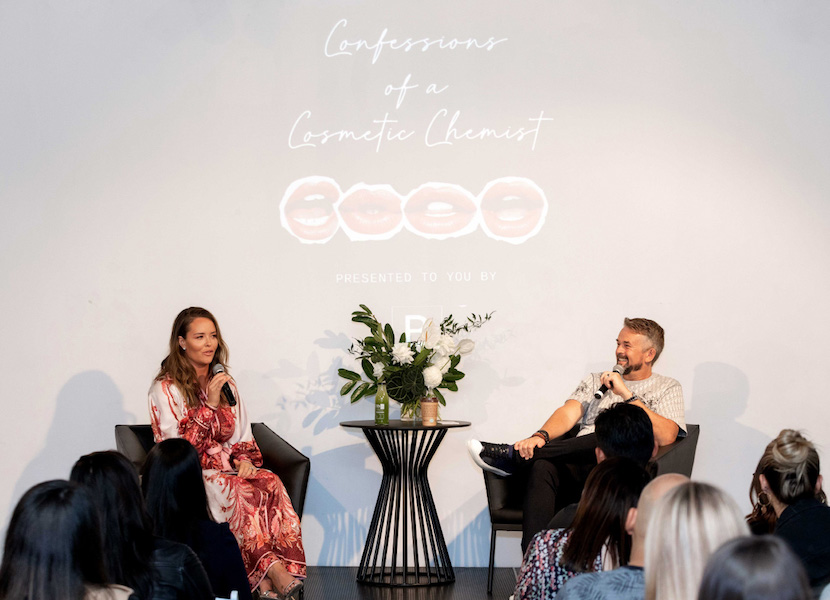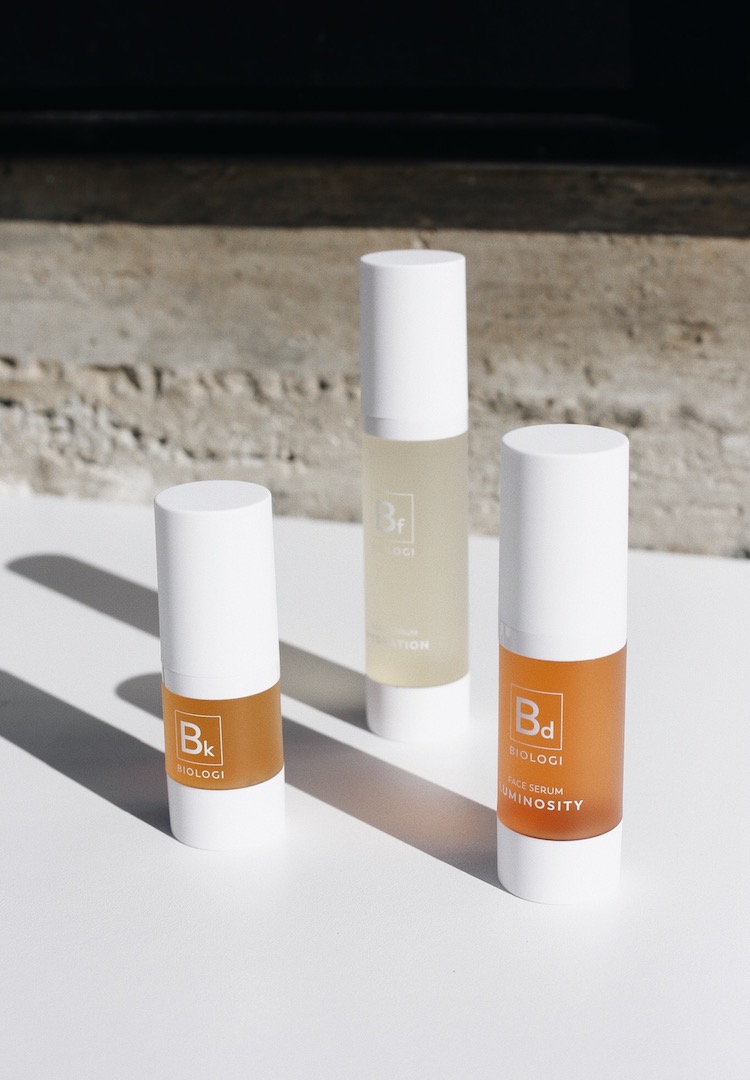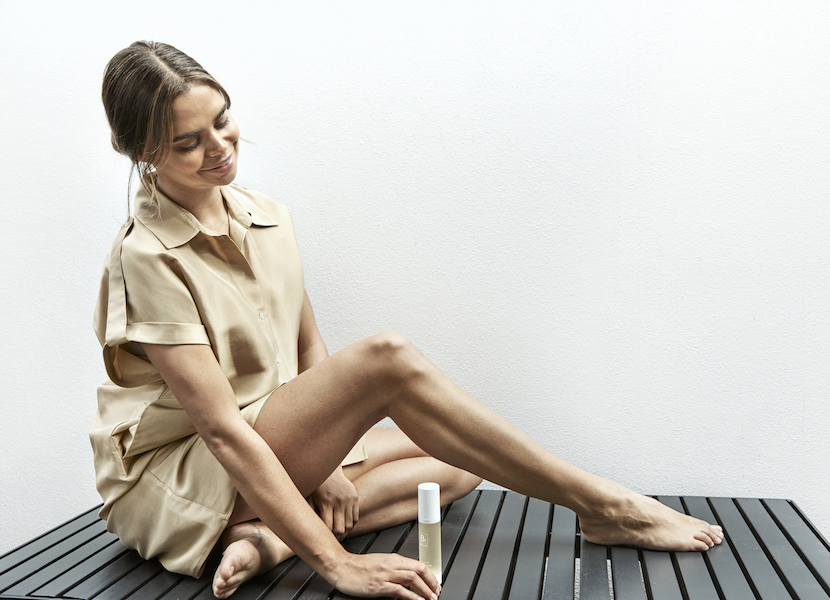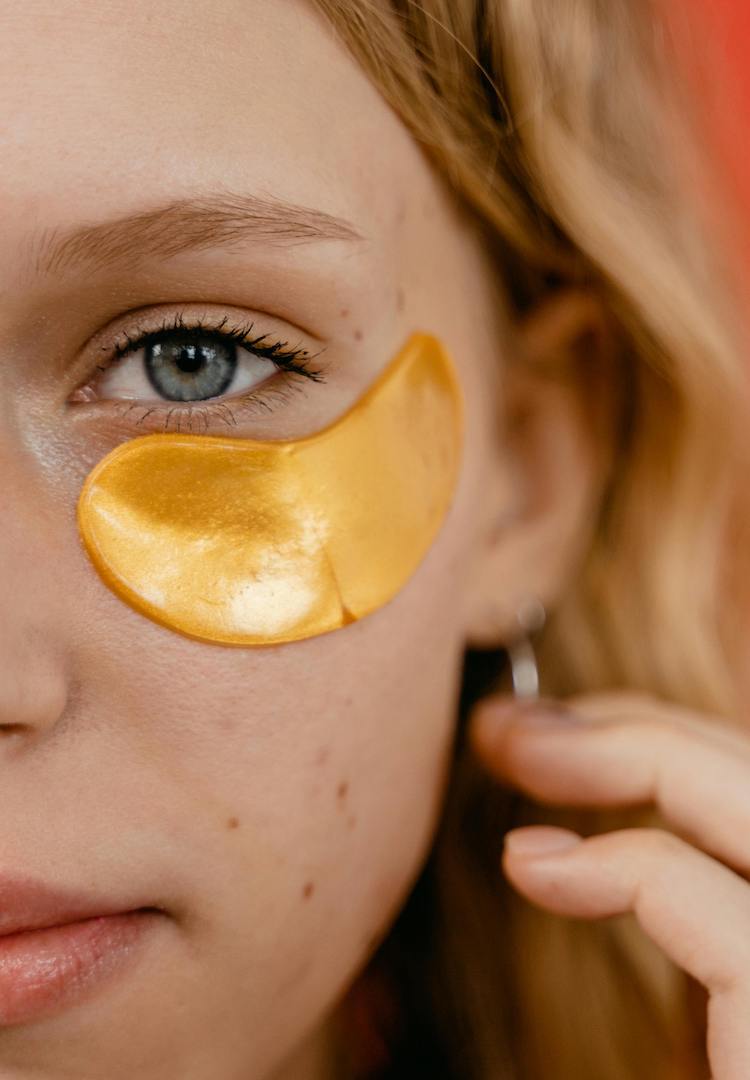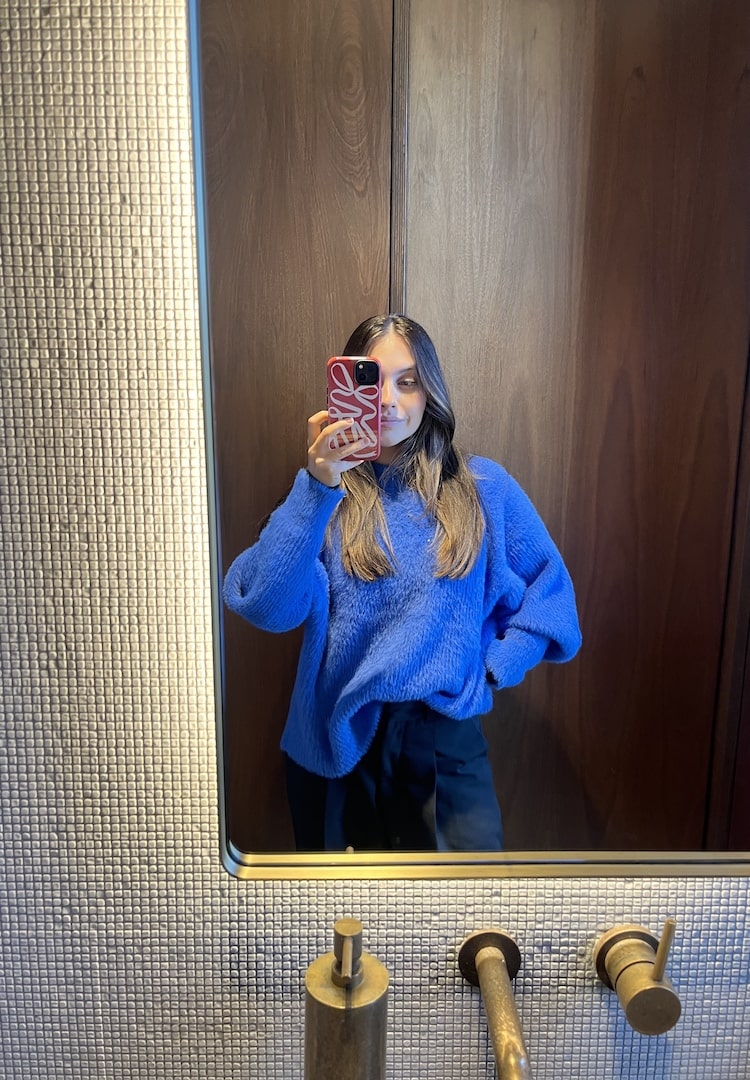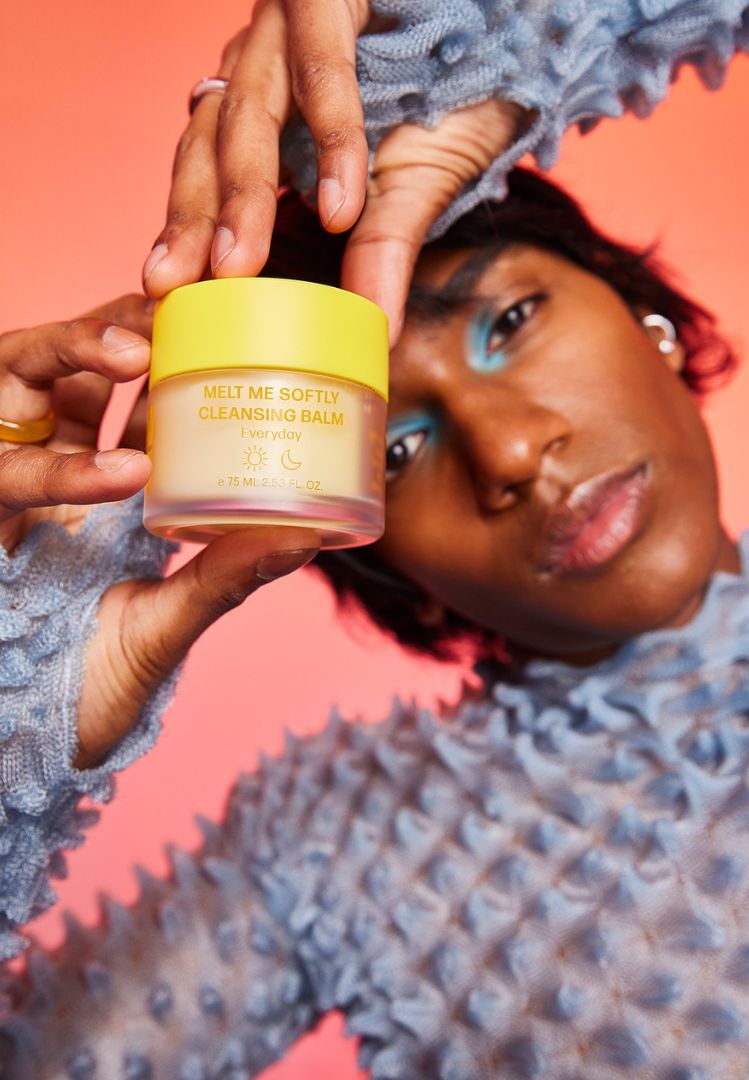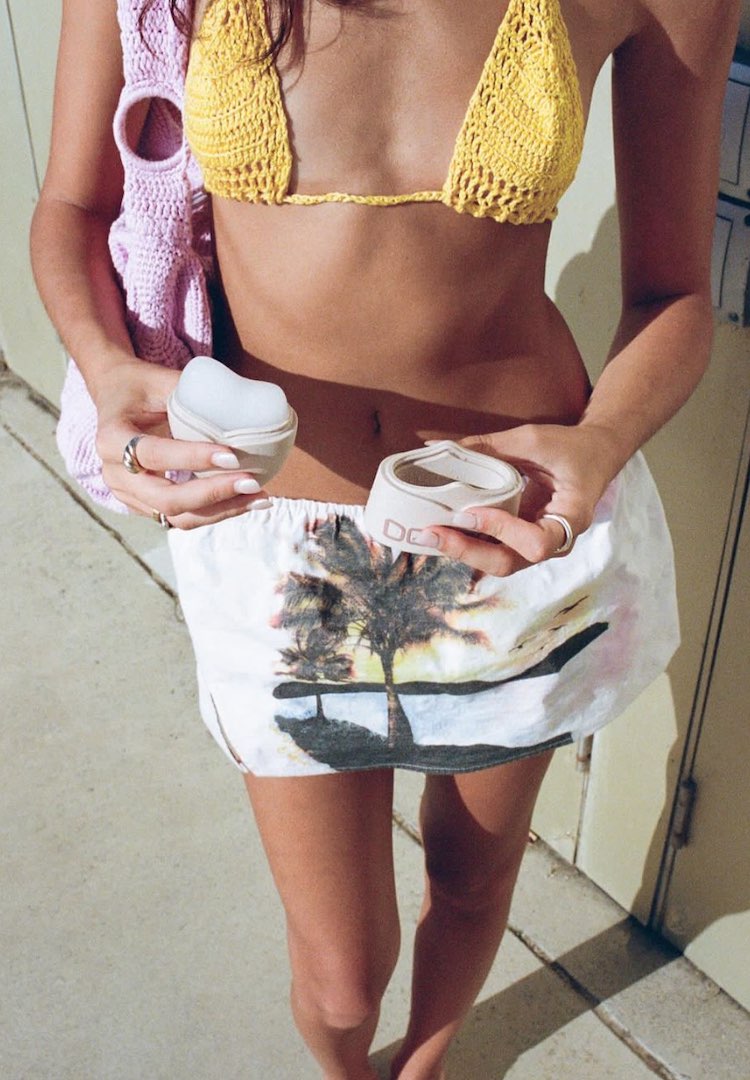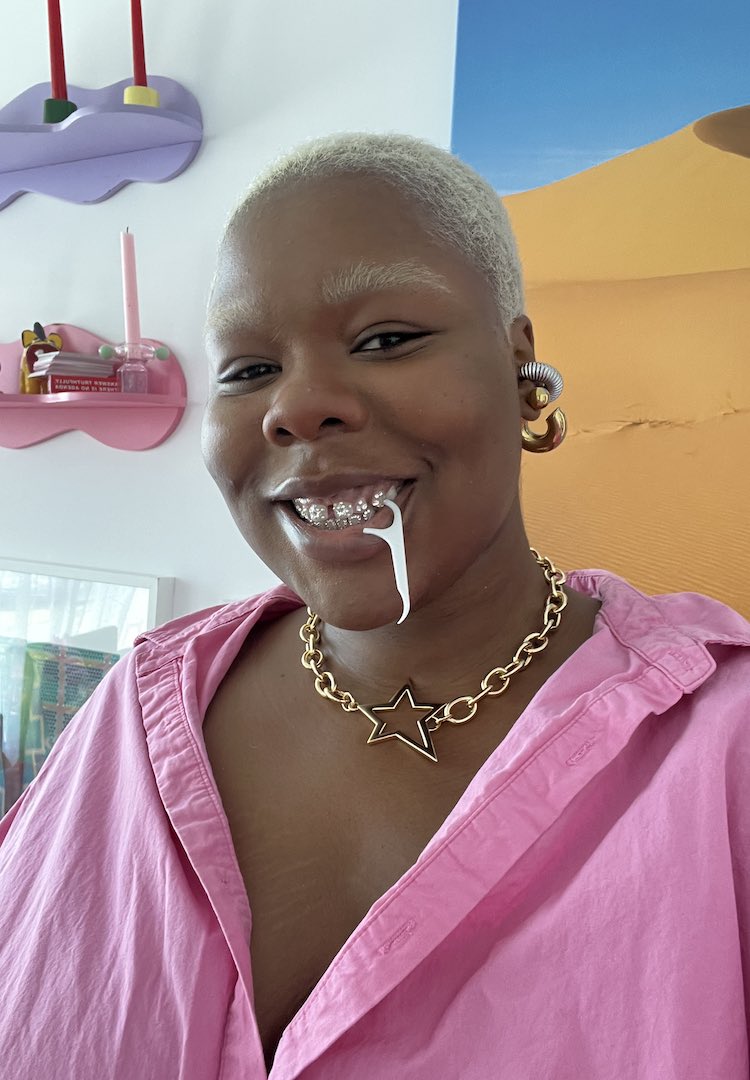This skincare brand is bridging the gap between pharmaceutical and ‘clean beauty’
WORDS BY JASMINE WALLIS
Biologi is pioneering the clean cosmeceutical movement.
If you’ve been following the skincare industry lately, you’ve probably started incorporating cosmeceuticals into your routine already.
A number of cult beauty brands have made terms such as hyaluronic acid and retinol everyday staples in the beauty buff’s bathroom cabinet. These and other cosmeceuticals are backed by science and contain active ingredients such as vitamins, antioxidants or plant extracts.
Due to their pharmaceutical nature however, sometimes certain products can cancel others out, be used too often to get results or when not used correctly, can be harsh on the skin. This is something I learned the hard way when I tried a certain AHA exfoliant serum and looked like a spotty beetroot for 36 hours.
On the other end of the spectrum, as consumers educate themselves further around wellness and the effects of chemicals on the body, there’s a growing, collective desire for more organic ingredients such as beeswax and paraben-free formulas. This is known as the clean beauty movement. And while it’s gaining huge traction, it can sometimes compromise on effectiveness.
So what if there was a brand that sat perfectly in the middle of a skincare Venn diagram?
Pioneering a new subsection of the beauty industry, Australian skincare company Biologi thinks it may have found the sweet spot. It has dubbed its products ‘clean cosmeceuticals’, taking the scientific knowledge of active ingredients and combining it with Australian native plants, such as finger lime and quandong extracts.
Today I’m speaking with husband and wife team, Ross and Lucy Macdougald, who founded Biologi in 2017. They’re telling me how their line of skincare products, including serums, cleansers and oils, are pure enough to eat (if you really wanted to).
“You could actually squirt it under your tongue, especially the Kakadu plum because it’s a hit of vitamin C,” says Lucy, who is now managing director of the brand.
“You’ve got a product that’s so clean you could literally eat it. And, on the other side, you’ve got something that’s 100 per cent active. So you’ll find Biologi stocked in stores that are dabbling in clean beauty and then you’ve got it doing well in clinics with the beauty junkies. We’ve been able to bridge that gap.”
Their success shouldn’t be surprising; the duo has a wealth of knowledge in the skincare space to back up its claims. Lucy is a qualified dermal specialist and Ross has been a cosmetic chemist for more than three decades. Their expertise goes so far back that Ross even founded companies that produce the raw materials that Biologi (and its competitors) use in their skincare products today.
Biologi is now the only brand in the world with 100 per cent active organic plant serums, and the pair have even created their own extraction method: a cold liquid extraction closed system, otherwise known as CLECS.
“CLECS extracts the nutrients out of the plant in a way that keeps them in the active form,” explains Ross. “For example, vitamin C in its active form is exceptionally good at being an antioxidant and picking up free radicals [unstable molecules that can cause damage to the skin]. But once you take it out of its active form, it attracts the free radicals straight away and becomes deactivated.”
Ross explains how the human cellular structure is remarkably similar to that of plants, which is why Biologi’s products work on all skin types and are not just formulated for dry, oily or acne-prone skin.
Formulas that thrive on all skin types is something Biologi prioritises across all its products, including into the new Bc Refresh Cleanser. The cleanser was introduced after customers would bombard Biologi with cleanser questions, asking for recommendations to pair with Biologi’s renowned serums.
“We couldn’t give customers any solutions,” says Ross. “So we set out to find plant material that could cleanse the skin and we found it in soapberries. The hard part was to pull out the actives and be able to get them to foam while still delivering nutrients to the skin to make it feel good.”
All of this might sound very scientific, and it is. So knowing the skincare industry can be gatekeepers of this knowledge (and confuse customers with scientific jargon), Ross and Lucy began Confessions of a Cosmetic Chemist to create more transparency within the industry.
What began as an Instagram account has become a series of in-person events to share insight into the global beauty market. The events call for more transparency around the ingredients and methods used in the industry and help share Ross and Lucy’s knowledge, giving consumers the power to make more informed decisions.
“It’s easy for people like myself to look at the back of a label of a product and go ‘What a load of rubbish’ but I want to disseminate the information that I have to help consumers get better skin,” says Ross.
As Lucy and Ross have been a part of the beauty industry for so long, it means they can cut through the clever marketing and the pseudoscience of competitors. Instead, they’re simply creating effective products with a clear message.
“It drives me nuts when brands say, ‘Our products are natural,’ but then they put synthetics in there,” says Ross.
“It’s really rewarding to get down to that point where you say it… but we do it.”


